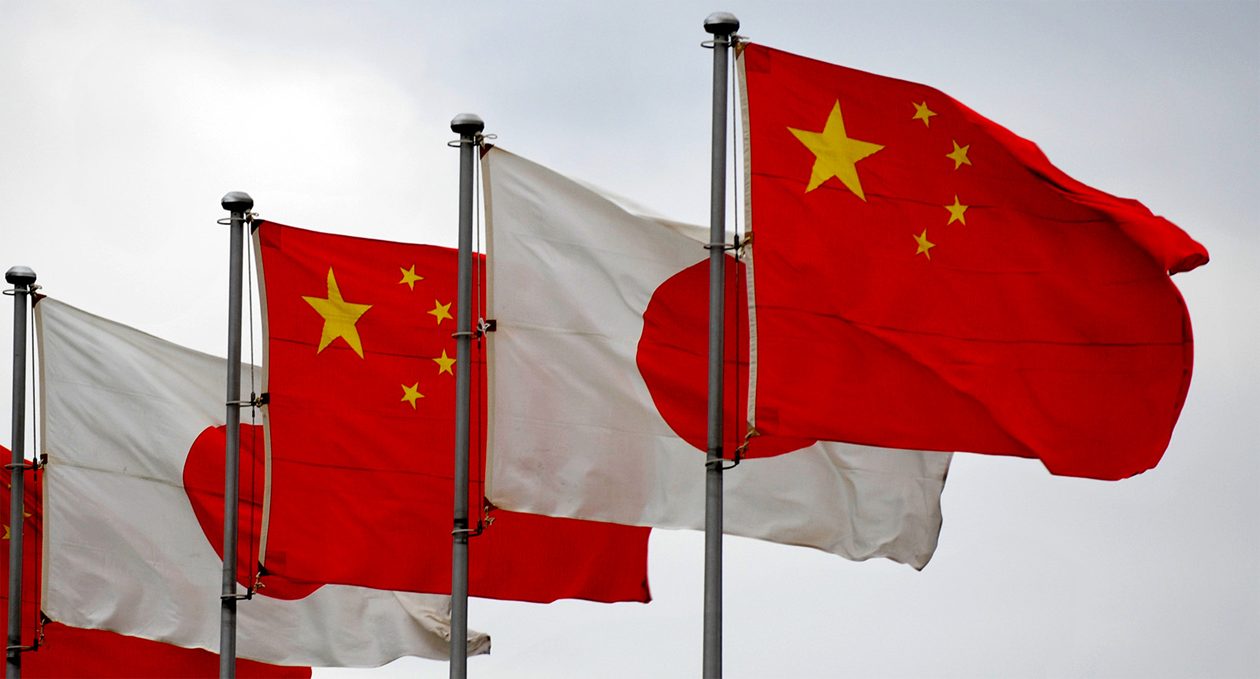World Employment and Social Outlook Trends 2021
By ILO The pandemic has brought unprecedented disruption that – absent concerted policy efforts – will scar the social and employment landscape for years to come The COVID-19 pandemic has caused unparalleled disruption worldwide through its devastating impact on public health, employment and livelihoods. Governments and workers’ and employers’ organizations everywhere have taken immediate measures to tackle the crisis, preserve jobs and protect incomes, though these measures have differed in scope and generosity. While such measures have been crucial in mitigating...










